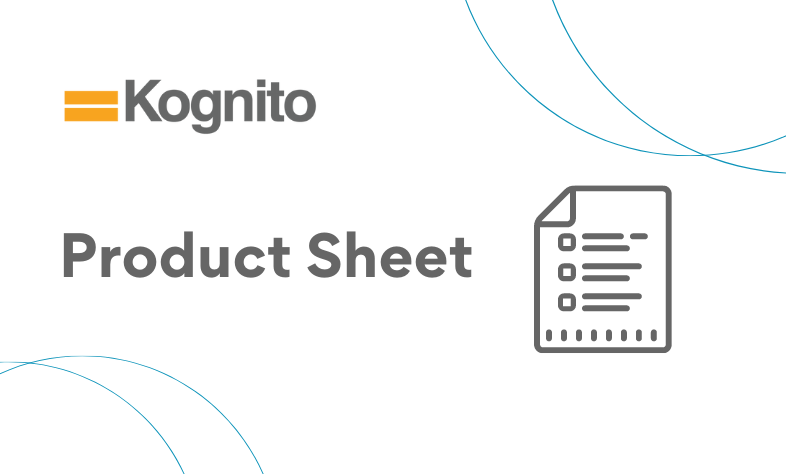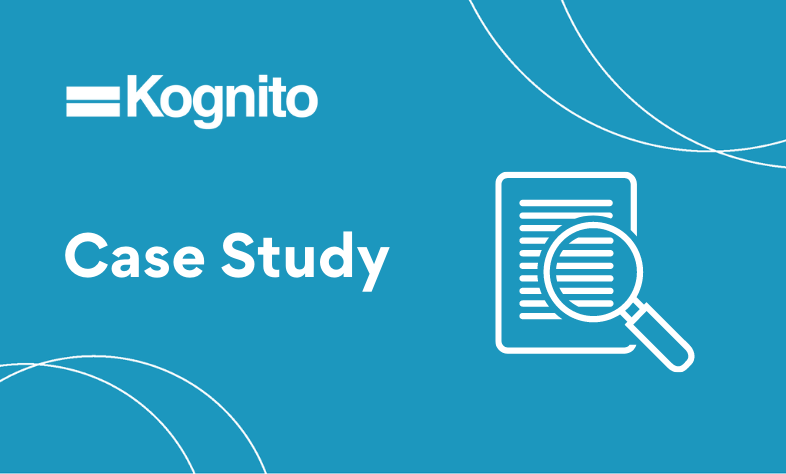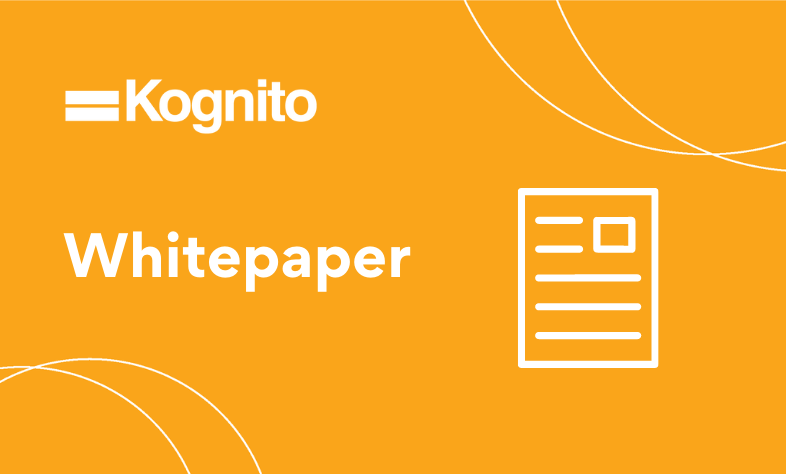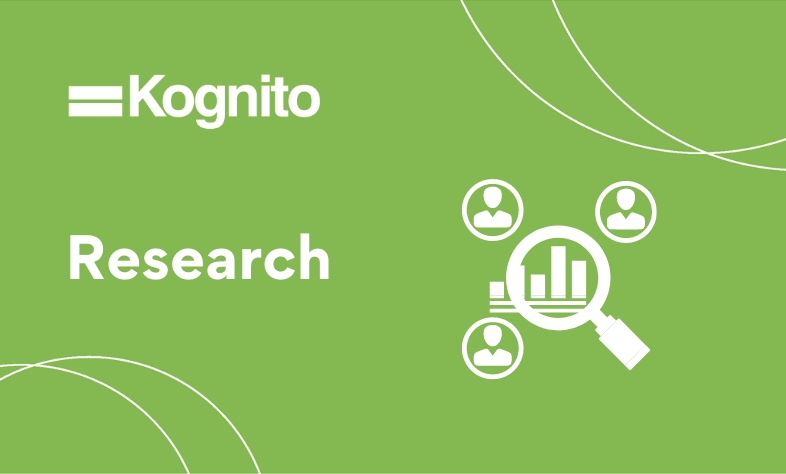Overview
Widely adopted by more than 350 universities and colleges nationally, this evidence-based online solution cost-effectively drives sustainable changes in behaviors that support academic performance, student retention, and campus safety. Students are subject to a variety of stressful experiences including increased academic pressures and responsibilities. National studies show that 30% of all college students report feeling so depressed it's difficult for them to function and 7% indicate they seriously considered suicide in the previous 12 months.
At-Risk Mental Health for Students is an interactive learning experience that equips students with the skills to support their emotional health and that of their peers. The product introduces positive coping strategies and prepares students to recognize signs of distress, effectively reflect and communicate their concerns, and take action to find additional support. Users have access to customized national, local, and school-specific resources in addition to simulation content.
The goal of At-Risk Mental Health for Students is to harness the power of conversation to improve student wellness, academic performance, and campus safety.
Learning objectives:
- Recognize and identify the signs of distress in self and peers
- Utilize effective communication techniques to support a peer who shows signs of distress
- Understand support options
- Effectively refer to additional support
- Practice self-reflection and apply strategies to increase resiliency
This simulation is listed in SAMHSA's National Registry of Evidence-Based Programs and Practices (NREPP). Studies show that it results in (1) statistically significant increases in mental health skills that remain significant at a 3-month follow-up point, and (2) statistically significant increases in the number of peers that students connect with, discuss concerns, and if necessary, refer to support.
A longitudinal study with over 41,510 students in 100+ institutions showed:
- Statistically significant increase in participants mental health skills and in the likelihood they would self-refer if they ever experience psychological distress (p<0.05)
- A 57% average increase in the number of fellow students that participants approached and discussed a referral to support services within the three months following the simulation
- 98% rated the simulation as good, very good, or excellent
- 96% said it was based on scenarios relevant to them as students
Students receive customized feedback based on their in-simulation choices.
The simulation is available online 24/7. Users are asked to complete pre-, post-, and 3-month follow up surveys to assess changes in skills. Attitudes, and behavior. Upon completion, users receive a certificate of completion. Clients have access to usage reports and evaluation data via the Kognito client portal.
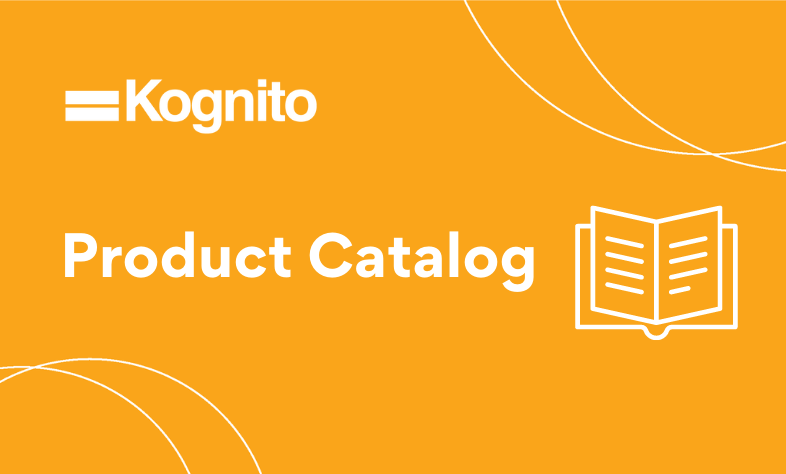
Download the Higher Ed Catalog
View our full catalog of simulations created to improve higher education communities.


